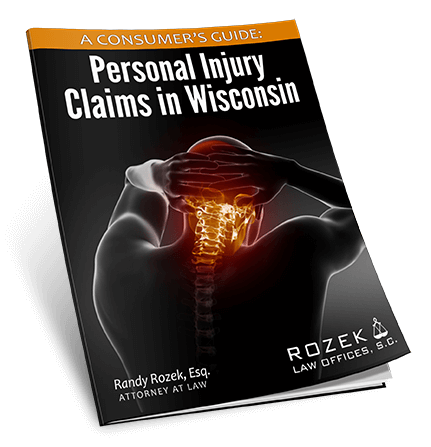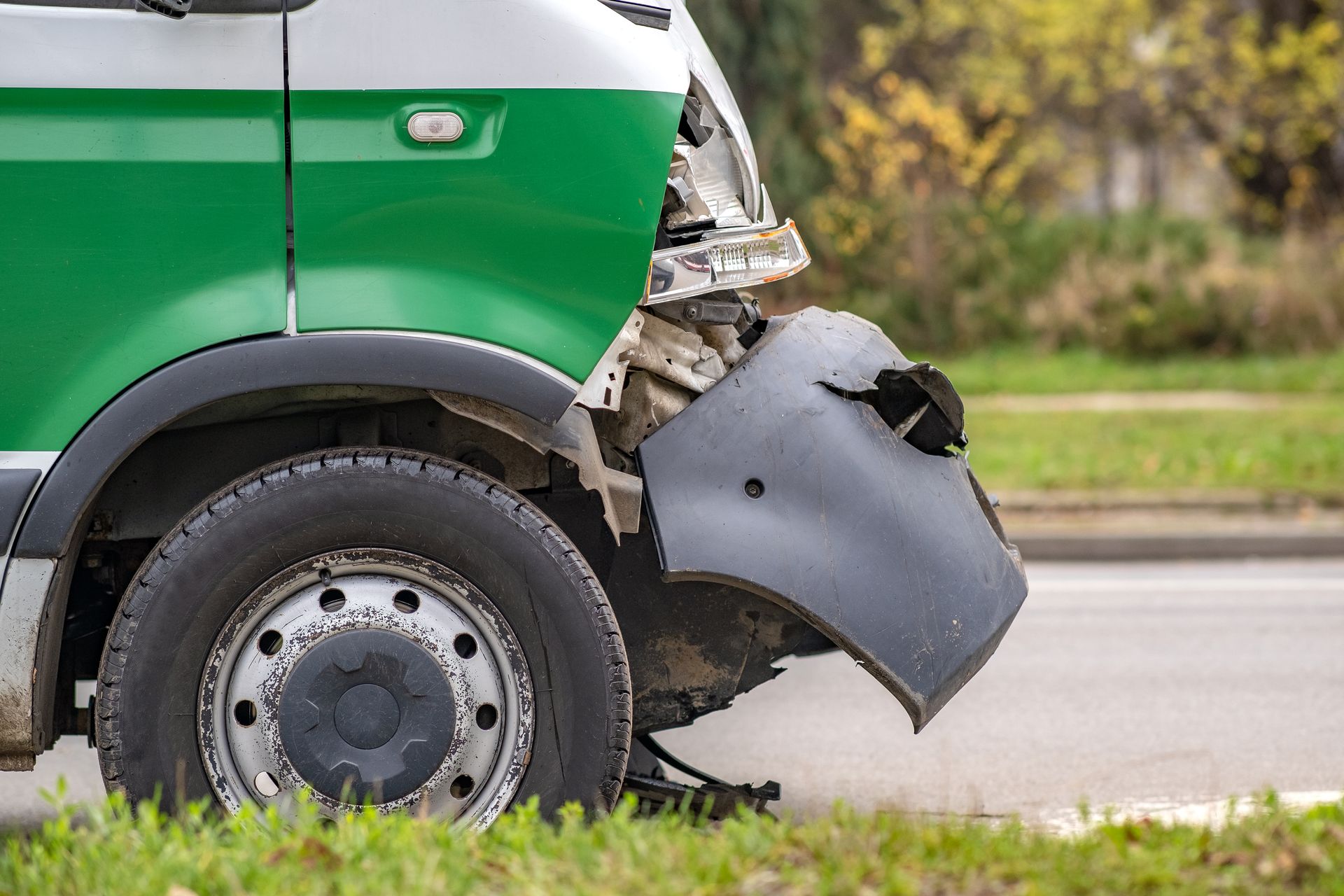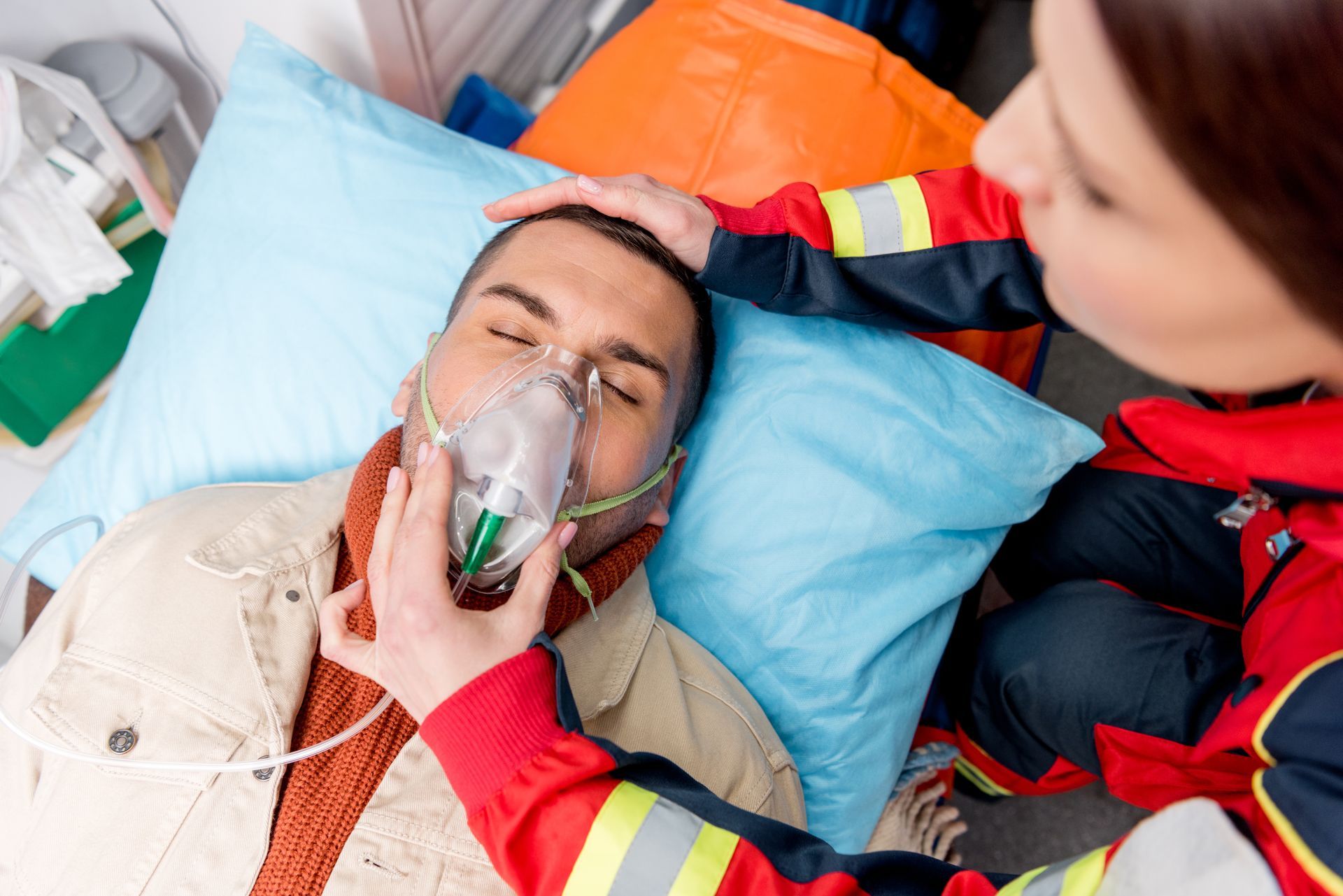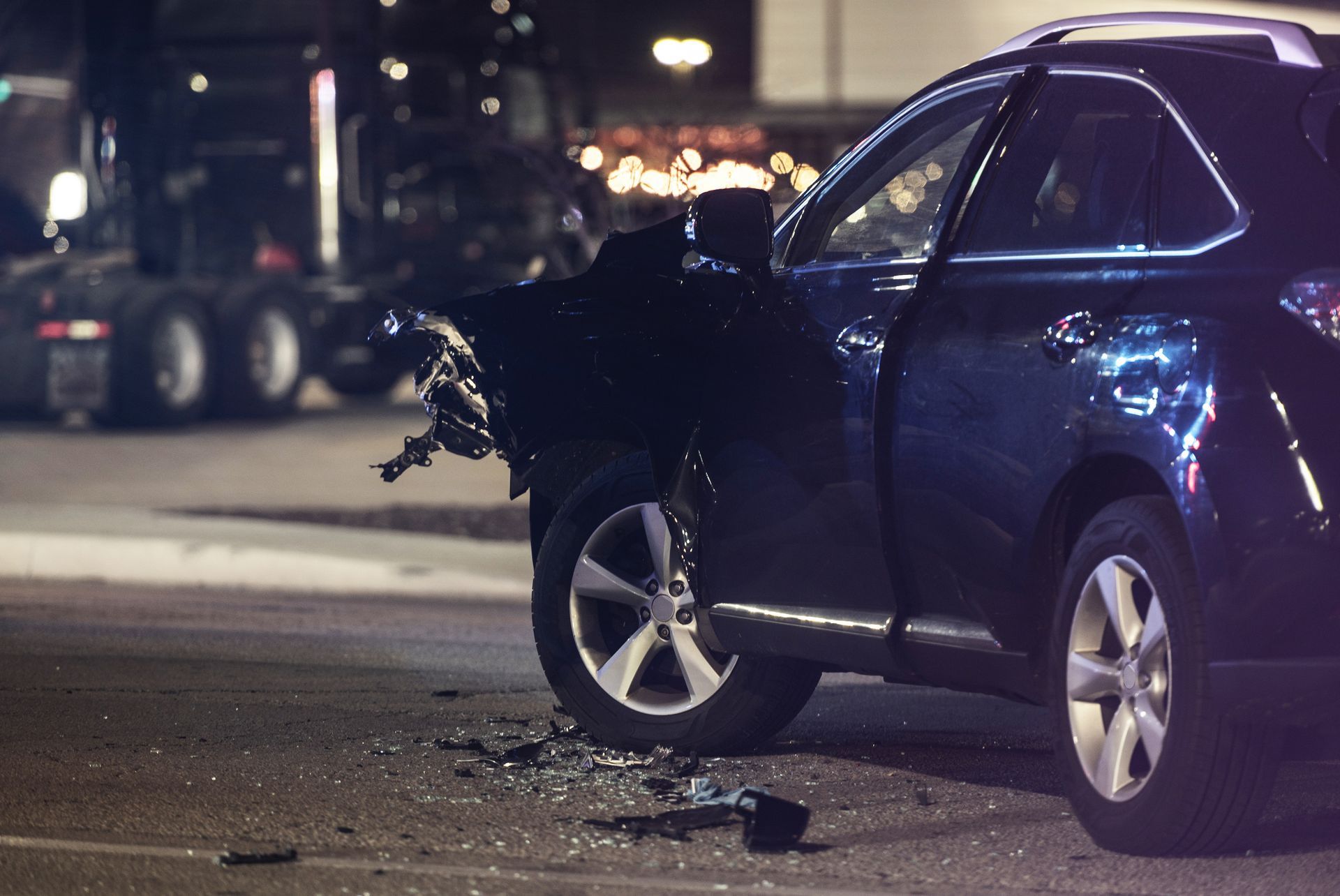Gas Explosion Lawyer in Wisconsin

Wisconsin Gas Explosion Attorney
There is usually no such thing as a gas explosion “accident.”
Gas explosions are almost always due to negligence on the part of some company or individual. Gas explosions are due to the leaking of gas along with some type of ignition. Usually, negligence leads to a gas leak or ignition of the gas leak.
Natural Gas (Methane) vs. LP Gas (Propane)
Natural gas, or Methane, is a naturally odorless gas. Natural gas manufacturers and distributors are required to add odorants, so that leaks can be detected. Natural gas weighs less than air, which means a natural gas leak will result in the gas rising and collecting near the ceiling of buildings.
LP Gas, or Propane, is also a naturally odorless gas and it too requires an odorant additive for leak detection. Propane is thinner than air and leaks usually collect in lower areas. While nearly 4 times as many people use Natural Gas vs. LP Gas, you are 13 times more likely to be severely burned from LP Gas as opposed to Natural Gas.
When choosing a lawyer, it is critical that you hire an experienced Wisconsin Gas Explosion Injury Lawyer. You should be comfortable with your lawyer’s experience handling Wisconsin Gas Explosion Personal Injury Cases. in which you have been involved. Contact an Experienced Wisconsin Gas Explosion Injury Lawyer.
Gas tanks, gas valves and gas lines are supposed to be designed not to leak, therefore, if there is a leak and resulting explosion, it is usually safe to assume that someone must have been negligent in causing the leak. Wisconsin gas explosions usually result from negligent design, negligent maintenance, negligent inspection, safety code violations, or Occupational Safety and Health Administration (OSHA)
violations. A thorough investigation is required to determine the exact cause of the gas leak and ignition. Our office utilizes a variety of national experts in gas safety to assist in our investigation of Wisconsin gas explosions.
Wisconsin Administrative Code Chapter Commerce 40
establishes minimum safeguards to life, health and property through the adoptions of reasonable and effective standards relating to gas systems. These regulations apply to the design, construction, location, installation, operation, repair and maintenance of equipment for gas systems.










